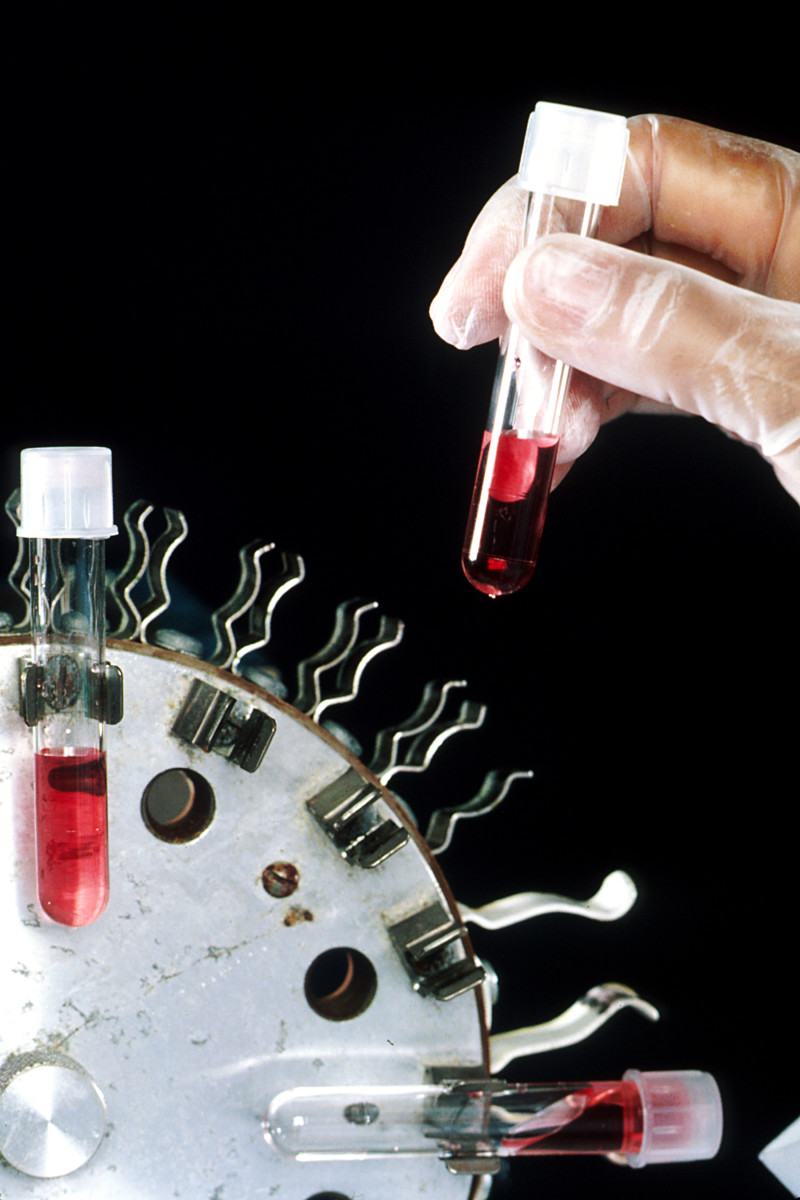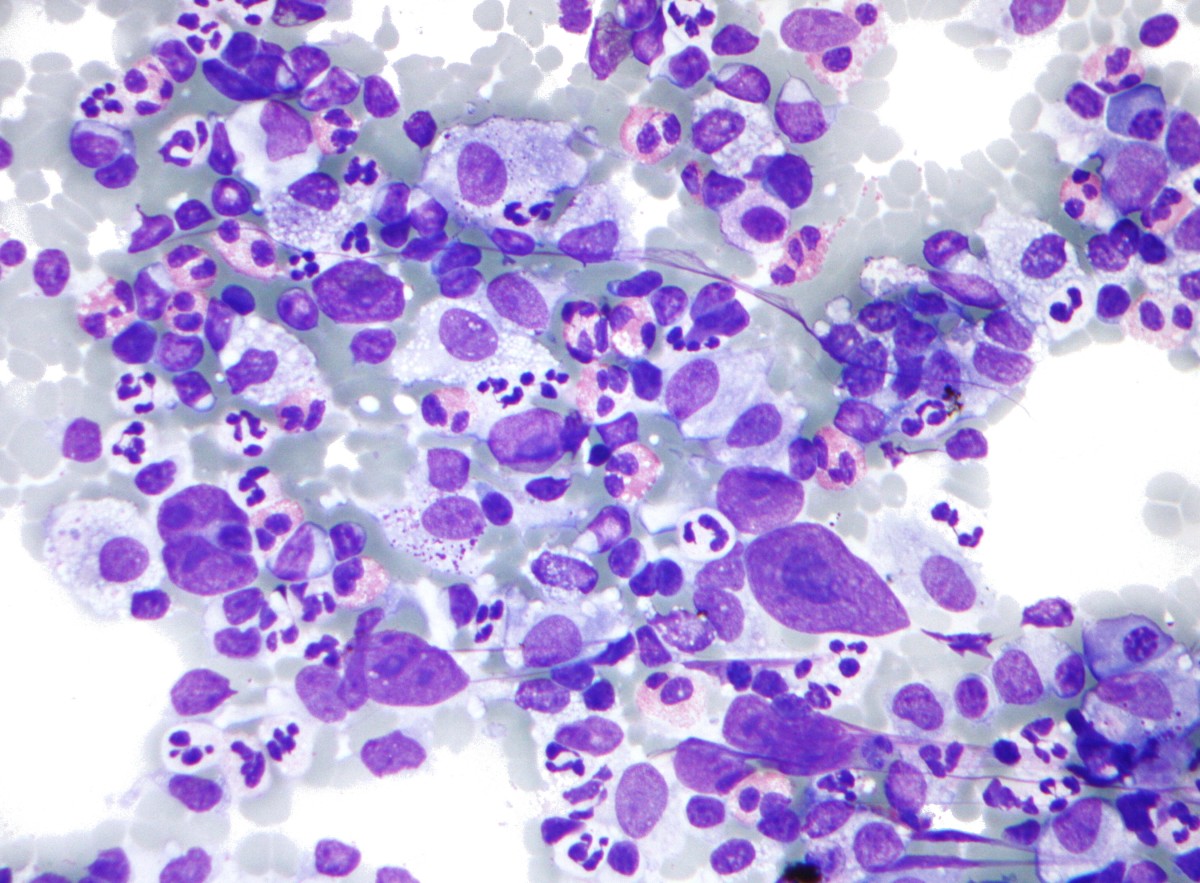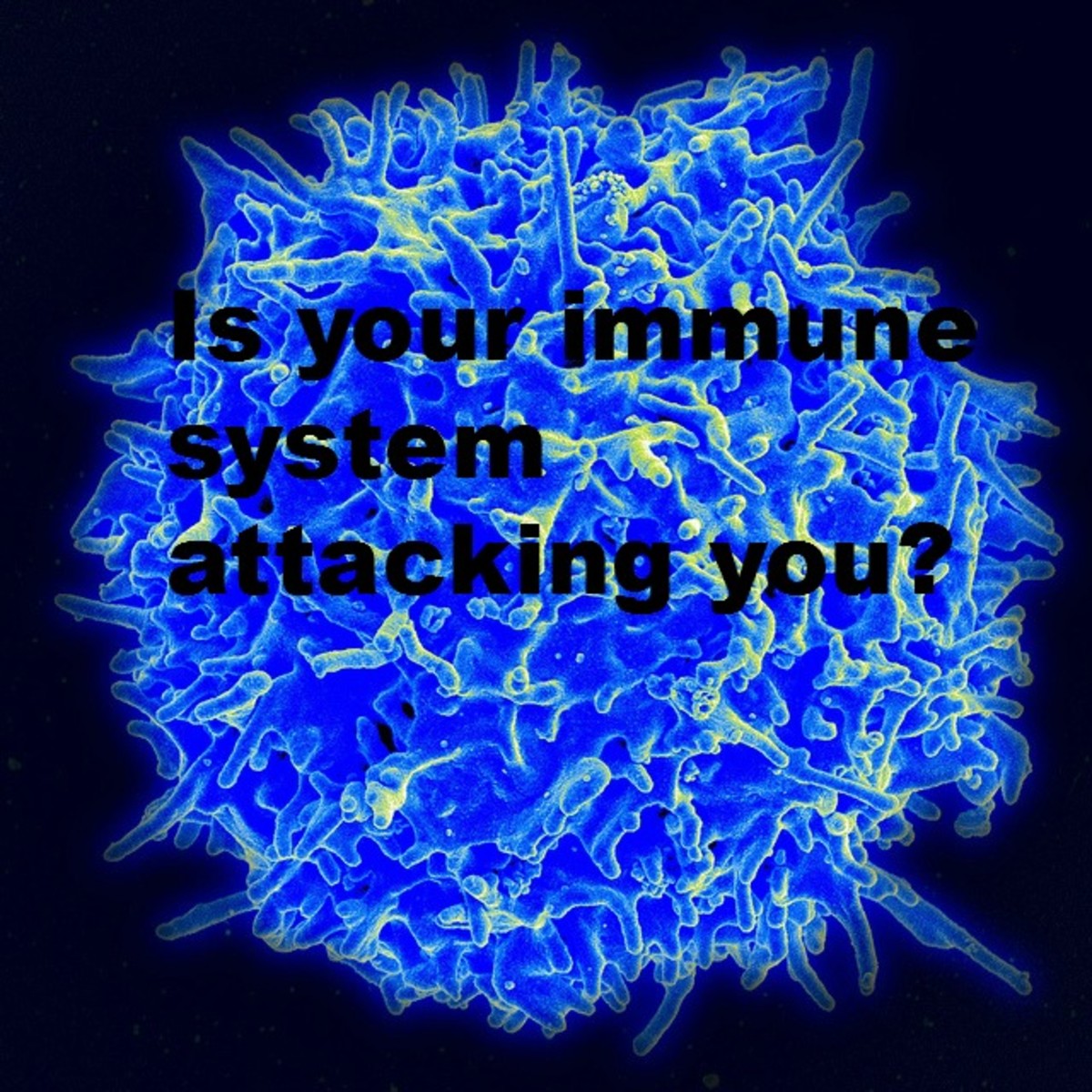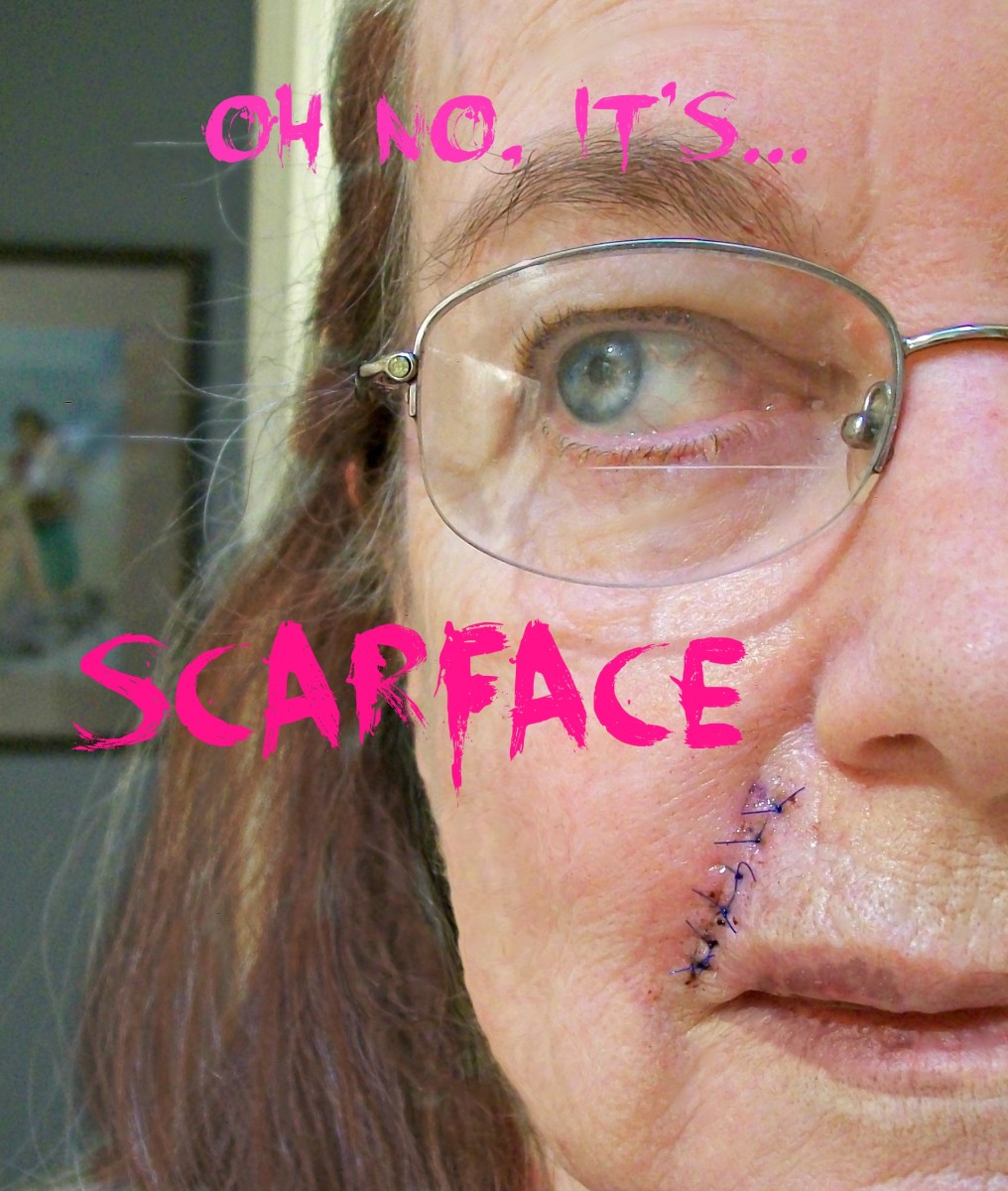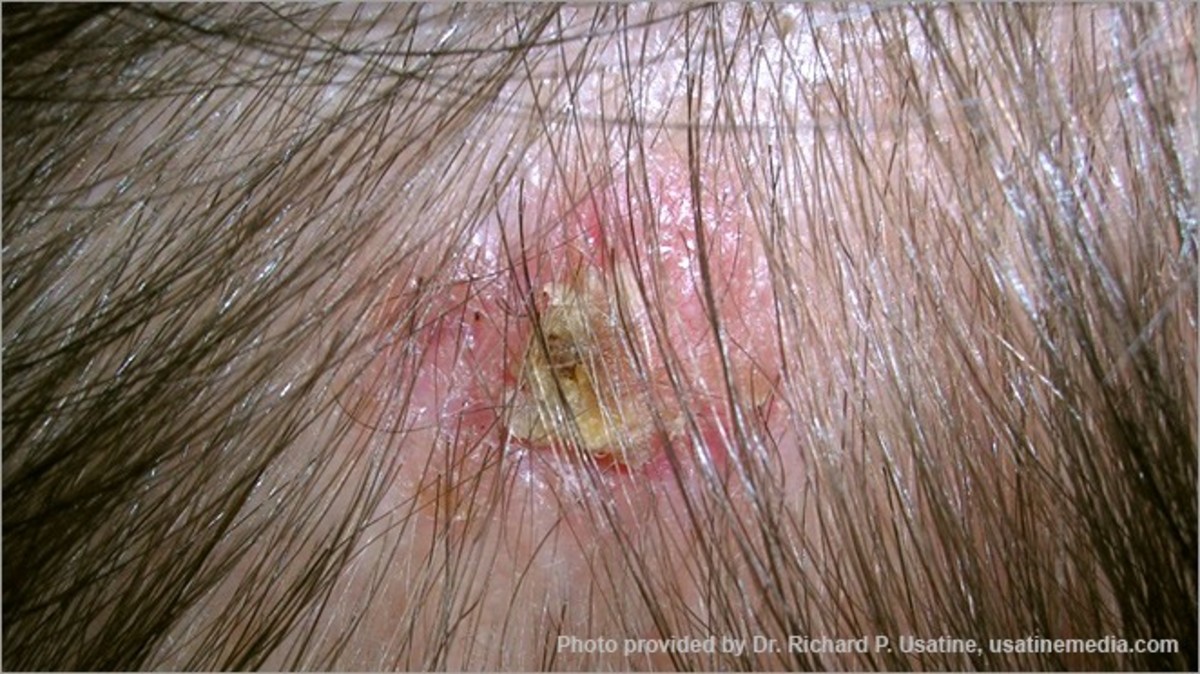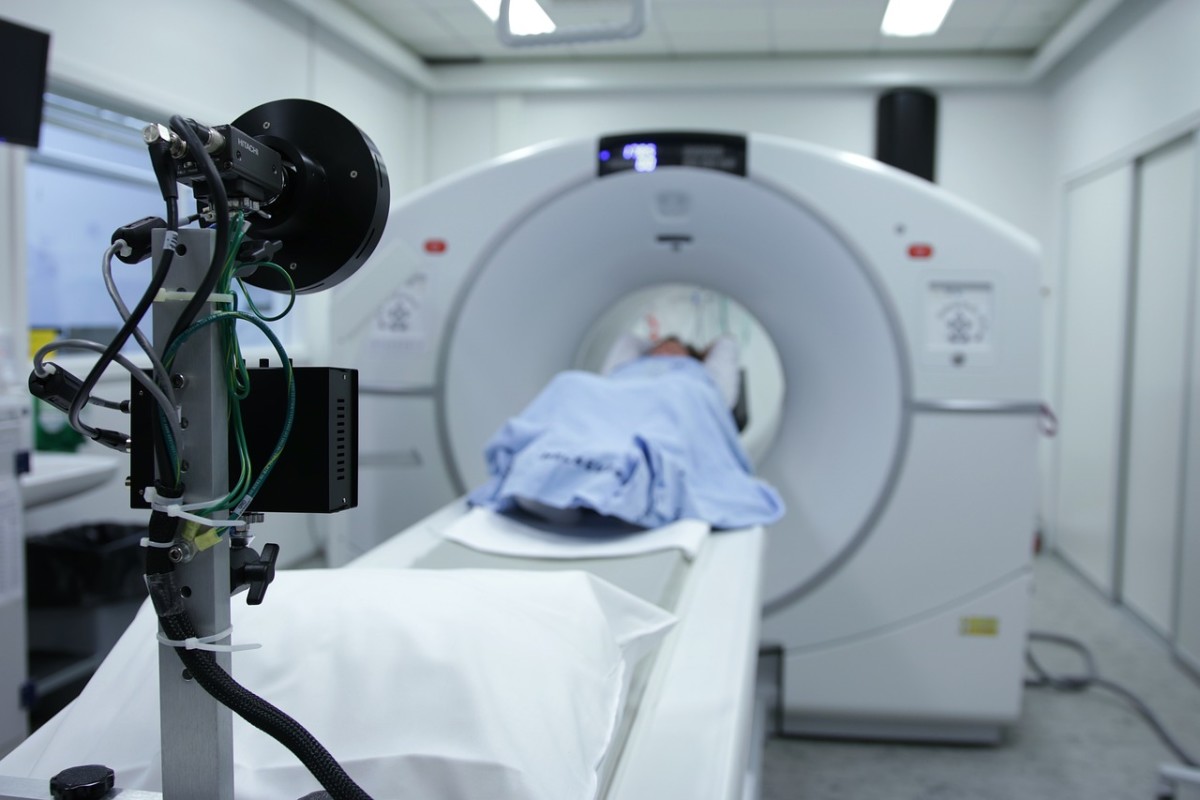Cancer: Why No Cure Yet?
Screw Cancer
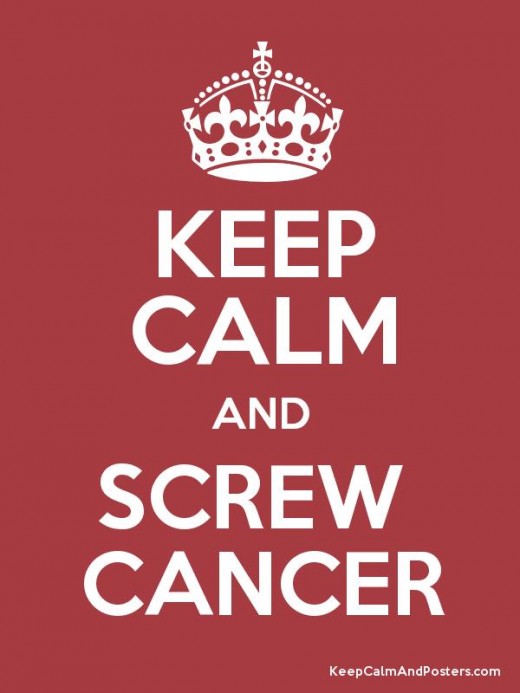
There Should Be A Cure
I realize there is a ton of disease throughout the world in the 21st century, but the one that's making me the angriest in recent days is cancer.
My father-in-law died of cancer in 1992, well before I ever had a chance to meet him. By all accounts, he was a hell of a man and very much admired, but I never got the chance to learn that firsthand because cancer claimed him. My mother-in-law also had her own battle with the disease, which she won.
My mother died of cancer six days after my oldest - her first grandchild - was born. She never got a chance to even meet her in person, as we lived five hours apart at the time, and as my daughter was born six weeks early, she had to spend some time in the neonatal intensive care unit. Cancer killed my mother in spite of several rounds of chemotherapy.
A colleague who became a good friend was diagnosed with ovarian cancer - frequently dubbed a "silent killer" because by the time it's diagnosed, it's usually at stage 4 - and went through surgery and chemo to great success. Nine months later, she had to contend with it again, and while she continues to live her best life, she lives with the knowledge that yes, it can happen again.
A friend's husband is going through chemo and had to have something like five liters of vile-looking green fluid removed from his abdomen. This can be a side effect of cancer treatment, from what I've been told, or even a consequence at times of dealing with cancer, but why?
Why haven't doctors figured it out yet?
I realize that as the human body evolves over time, so do diseases and viruses. I don't pretend that I understand even a little bit of the medical field, as what I know only extends to rudimentary first aid and knowledge gleaned from the nurses in my life, but it astounds me that something so pervasive as cancer - whether it be breast, ovarian, stomach, bone or any of the other myriad cancers that have come up - has not yet somehow been cured.
It also stuns me that Big Pharma continues to charge exorbitant prices for some of the cancer treatments that are out there. It goes without saying that not everyone is fortunate enough to have a job where they have benefits and for a number of people, costs for cancer treatment (and, if we were to be completely honest, the treatment of other diseases and disorders) are cost-prohibitive. That, in turn, means people end up having to play Russian roulette with their lives. They need the medication to treat cancer, but their job's benefits - if they have them - or their own bank account can't possibly handle the burden of one or multiple medications, so the individuals dealing with cancer are then burdened with the choice of which medication or medications they can afford and which they can maybe do without, even though the doctor responsible for their care might have said that their particular cancer will be beaten through a combination of medication. Forbes Council writer Morris Panner Forbes wrote in the article "Cancer Costs Imperil Patients" that according to the National Cancer Institute, many cancer drugs and biologics can cost patients upwards of $10,000 a month.
I am not saying that the Big Pharma companies should not try and be lucrative businesses; far from it. What I am saying is that perhaps companies need to look at how they are treating those who desperately require treatment and instead of turning people into financial hostages of their disease - because in the case of cancer, many individuals have to step away from their work responsibilities, even in the short term - create a price structure that is actually reasonable for those who require treatment.
I am frustrated and I am tired of watching my friends and family members having to contend with this disease. I realize scientific studies take time, and that the treatments that spring from such studies also take time. However, while the way we currently treat the disease is becoming - sometimes not as quickly as we'd like - increasingly more effective, the human cost is growing to staggering proportions. With the numbers of people having to make some tough decisions about what medication they can actually afford in their cancer journey, or having to determine whether they can even handle the financial burden of the disease, it's time for Big Pharma to stop gouging cancer patients and their families and start offering some real hope in the form of reasonably priced treatments for cancer and other diseases.
It would be a start, at least.

